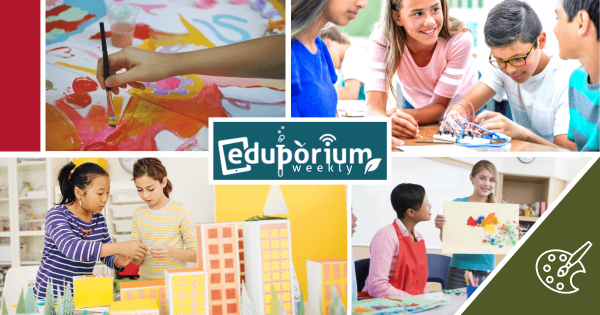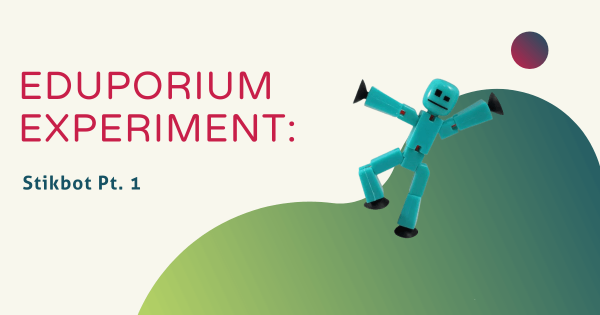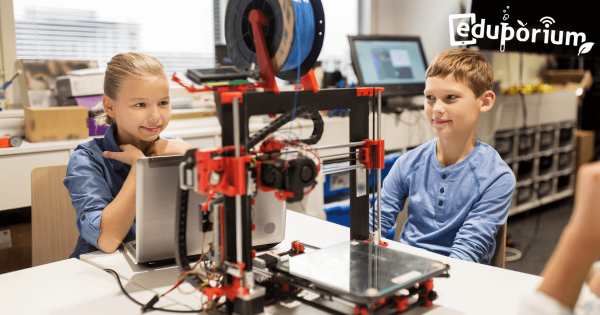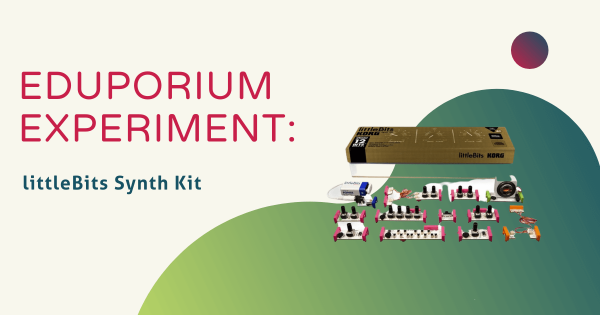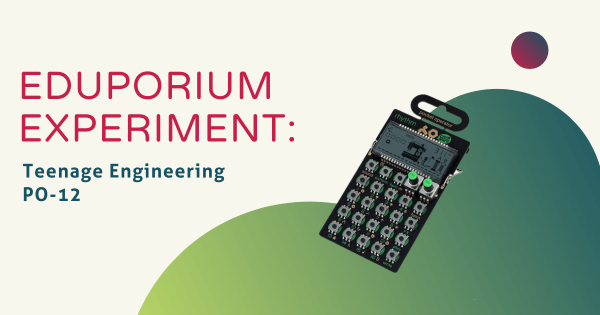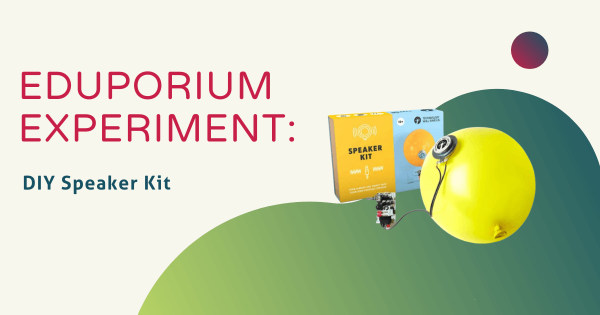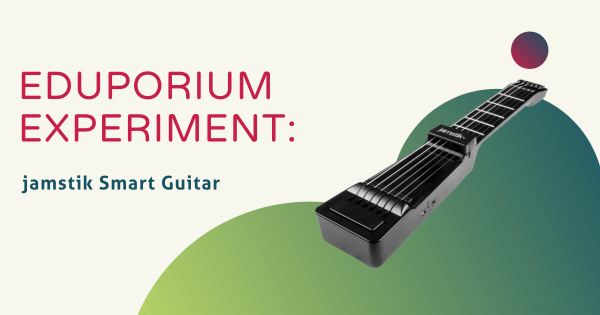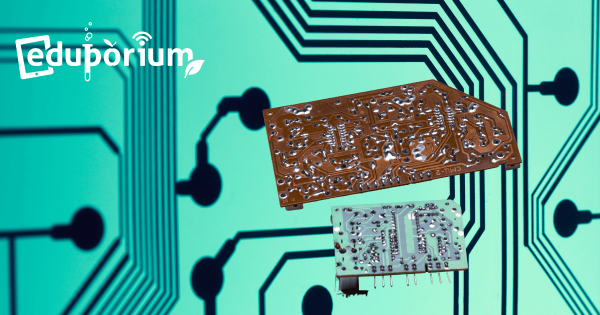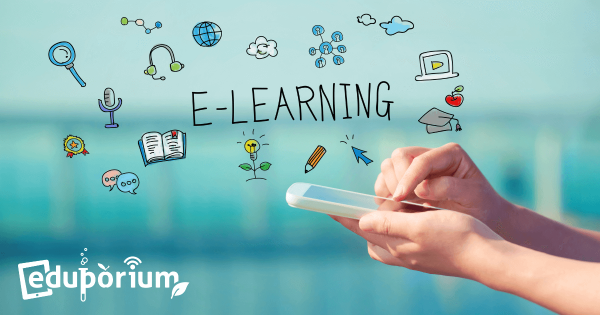We’re big fans of STEAM education. Like, really big fans. If you’re not familiar with what the A in STEAM stands for, or even the other four letters for that matter, STEM represents science, tech, engineering, and math with the A added in to represent art and create a more well-rounded 21st century education with opportunities for expression.
STEAM Education
-
Eduporium Weekly | 5 Can't-Miss 3D Printers for Education
In 21st century education, 3D printing is an extremely valuable endeavor, offering students in almost any grade a truly unique learning opportunity that combines creative design, innovative technology, and collaborative experiences. Contrary to popular opinion, 3D printing is affordable and effective and here are some of the best educational 3D printers. -
Eduporium Experiment | littleBits Synth Kit
The littleBits Synth Kit offers students and teachers a unique way to combine play and learning in the intermediate years of education. For students in Grades 3-6, the Synth Kit helps them exhibit extra easy music creation while they simultaneously learn the ins and outs of circuitry through project-based play. -
Eduporium Experiment | Teenage Engineering PO-12
The Pocket Operator (PO) comes pre-installed with a default beat, which kids can edit, change and add sounds to. That was great for me because I’m not exactly well-versed in the world of musical composition. Like many of today’s top EdTech tools, it was super easy to use the PO-12 and it really made the music creating process simple but -
Eduporium Experiment | DIY Speaker Kit
It can be a little daunting when first opening this kit from Tech Will Save Us—at least, I know I felt that way, but it’s actually a lot simpler than it looks. Following the instructions in the box, I was able to learn how to solder and combine the materials to make a real working speaker. I have no real -
Eduporium Experiment | jamstik Smart Guitar
Few modern EdTech tools can effortlessly mix a love for art with technological proficiency, but the Jamstik is able to do that and more! With its Bluetooth capabilities, the jamstik links with any iPad or iPhone and interactively teaches kids to play the guitar while enhancing their overall technological proficiency. -
Eduporium Weekly | How We Can Make Making Meaningful
The constant reiteration of the importance about “STEM this” and “STEAM that” has led to the revitalization of hands-on education in many of our K-12 school systems across the country. While many of these movements—in education or otherwise—die out after their trendiness loses appeal, the Maker Movement, it appears, should be one of them that sticks around. -
NEW from Eduporium: The Circuitry Starter Bundle!
Our newly added Circuitry Starter Bundle contains EdTech tools that combine light creativity with fun DIY projects. There’s no better way to design a classroom around productive play than by packaging some of the most intuitive circuitry tools, so we’ve strategically bundled tools for teaching key concepts and making STEM learning fun! -
Eduporium Weekly | eLearning in 2015-16
Once you have students’ full attention, set clear objectives and frame them in a context that they can understand and, more importantly, identify with. Depending on your preference, this can be done by asking your students to reflect (a ‘why’ question) or challenges for them to chase (an ‘identify’ question). Head inside to learn more about this important area of




